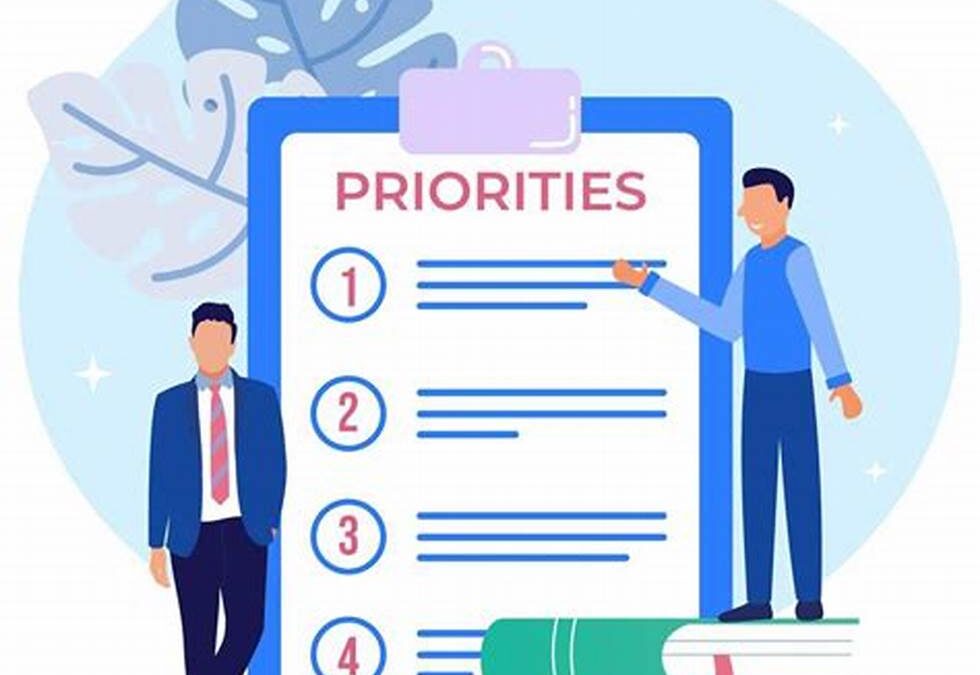
The Ethics for Working from Home – Some Guiding Principles
With the work from home culture gaining popular acceptance, we thought it is a good idea to talk about the guiding principles and ethics for working from home. While this option does guarantee a great deal of flexibility and comes with a promise of increased productivity, it also comes with a built-in premise. You are in a position of trust and with Trust comes Responsibility. As Oprah has said – Real integrity is doing the right thing, knowing that nobody’s going to know whether you did it or not.
From our experiences as an employee and employer operating in the remote working model, here are the ethics for working from home that we hold sacrosanct:
1. Adhering to work timings
If you are expected to work from 10am to 6pm, ensure that you are at your work table sharp by 10 and stick around till 6. The work from home option affords you a great deal of liberties and cutting down on your work hours isn’t and shouldn’t be one of them. Get as much as you can done within your working hours, focusing only work as your primary priority during these hours.
2. A strict no personal calls/ errands rule
This is something you would mind if you were operating out of an office cubicle, and something you should mind even when you are operating out of the comfort of your home. Take personal calls only when extremely urgent, and not without leaving a note for your team/ manager, explaining the reason. The same goes for running personal errands.
3. Being available and reachable
A prerequisite for working from home is always being reachable and available. Unlike a regular job, there isn’t a desk you can be found at. This means you always need to be accessible on phone/ email. There could be very little margin for error regarding the same, and scope for excuses like “my phone didn’t have charge”, or “there wasn’t internet connectivity”. In case you aren’t going to be available, make sure you find a way to send the message to your team. Do read this post where we talk about everything in terms of infrastructure that you need to start working from home, or as we would like to call it, the essentials for working from home – http://obolinx.com/resources/2016/03/start-working-from-home/.
4. Honesty
A work from home job is one which needs you to be honest with yourself, as well as your team. It is easy to compromise on the input, and make the output seem sufficient. It may be easy to pull it off at times, but in the long run it’s not going to leave you in a great place, or have you feel good about yourself. In our earlier posts, we have stressed continuously on the fact that work from home roles are strictly for those who have the ability for self-motivation and self-discipline. This probably, would be the most important of the ethics for working from home, and is a given expectation from you!
5. Making an effort to communicate
Having a job where you work from home can often become depressing, especially if you are a social butterfly. It isn’t the best way for an introvert to learn better communication skills, either. So regardless of what kind your personality is, it is important to make an effort to communicate with your colleagues on a regular basis and not isolate yourself. It is easy for communication to take place when you operate out of a traditional office environment. And what may seem as small talk, is often crucial to your own work, and the team’s work in general, because exchanging notes gives you a feel of where you stand with respect to your work and also a sense of cohesiveness with your team – which is very essential for you to be productive and happy at work!
To Sum It Up
A work from home opportunity, is a great opportunity to get more done, with least investments, and the most output. Today, management leaders around the world are exploring this option to try to build amazing teams – remotely. Though written more from an employer’s perspective, “Remote: office not required”, by Fried and Hansson is an insightful read for how working from remote locations is truly an enabler, more than anything else. We hope that you agree with our take on the Ethics for Working from Home. We would love to hear back from you!
Note: At OBOlinx Tech, we provide flexible work from home option for our team. We have experienced firsthand the advantages and disadvantages of working in this mode both as an employer and as an employee. With clear goal settings, a strong process framework, much patience, some discipline and a steady flow of two-way communication, we KNOW this business model can work and is here to stay. This is the future of work and the future is already here.





